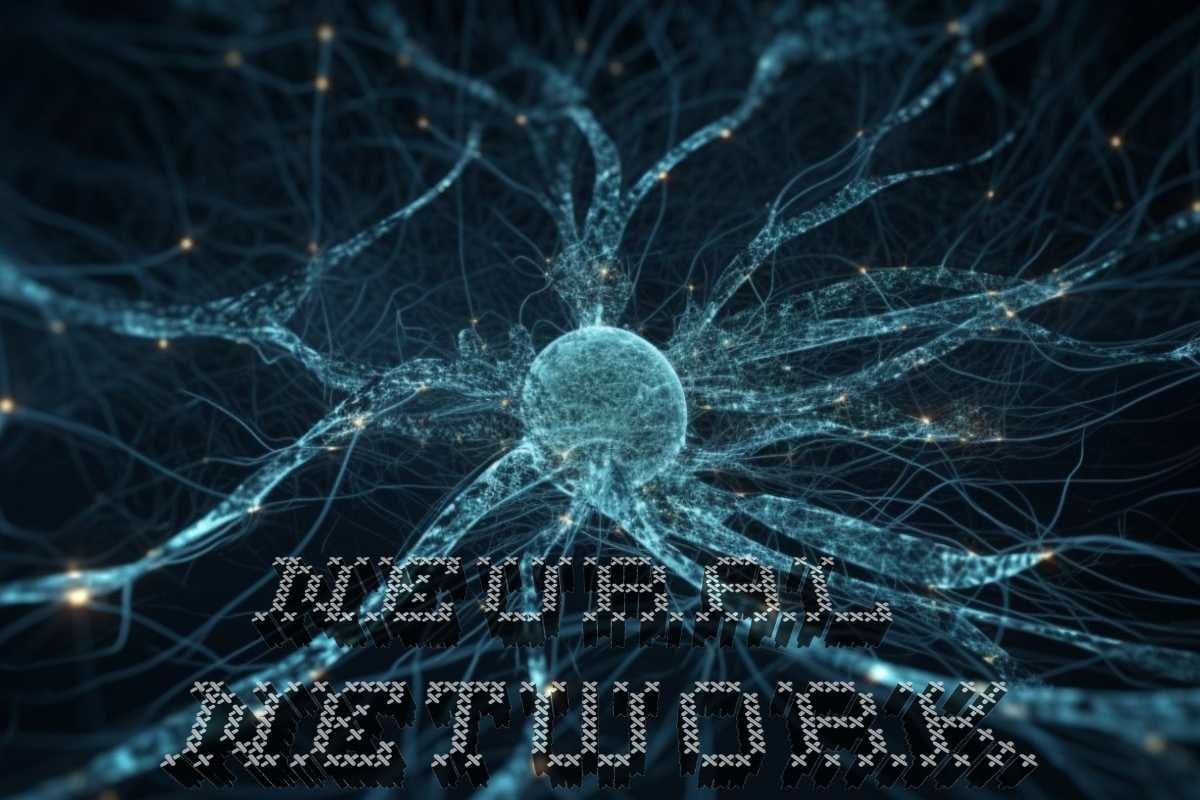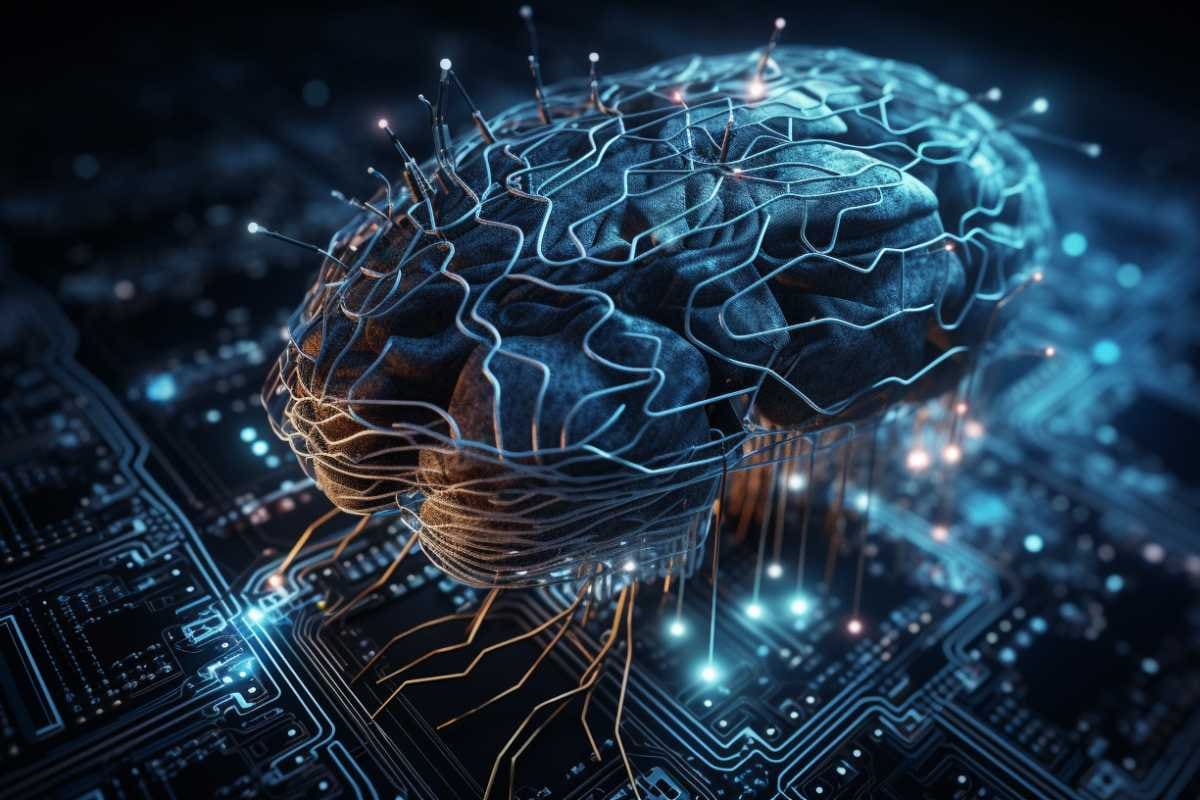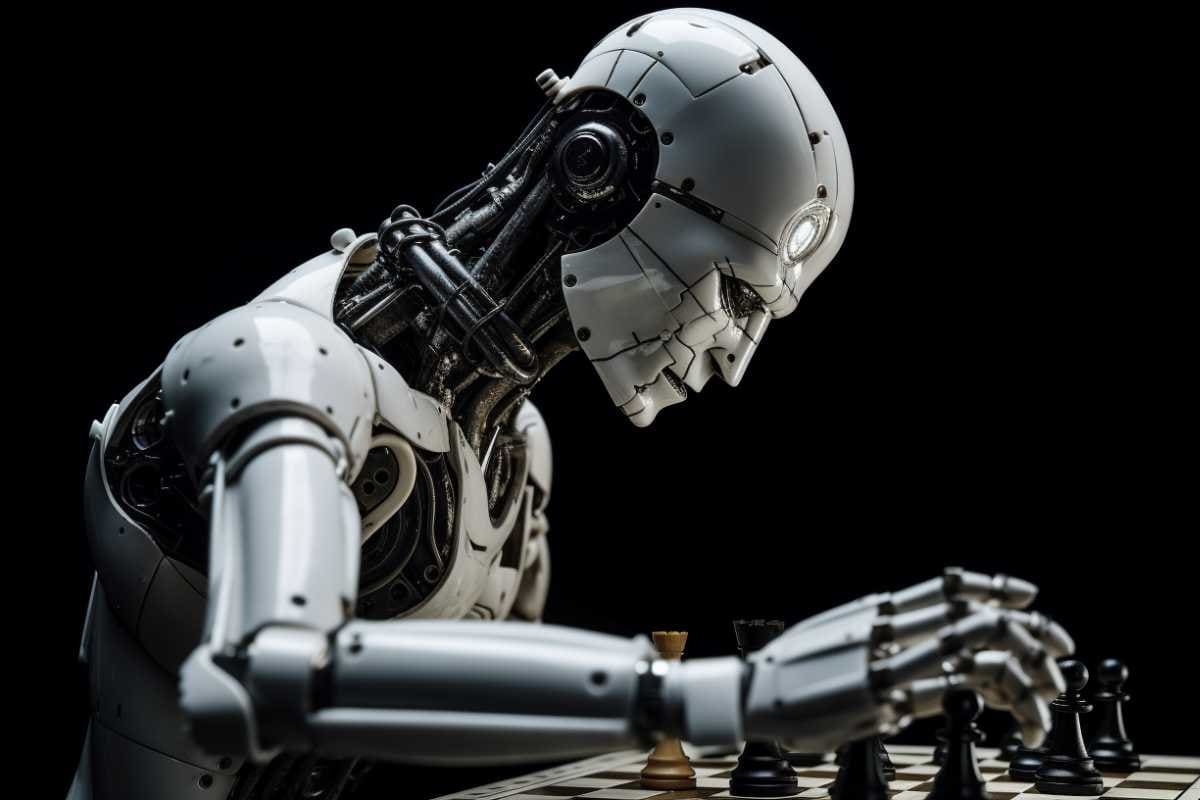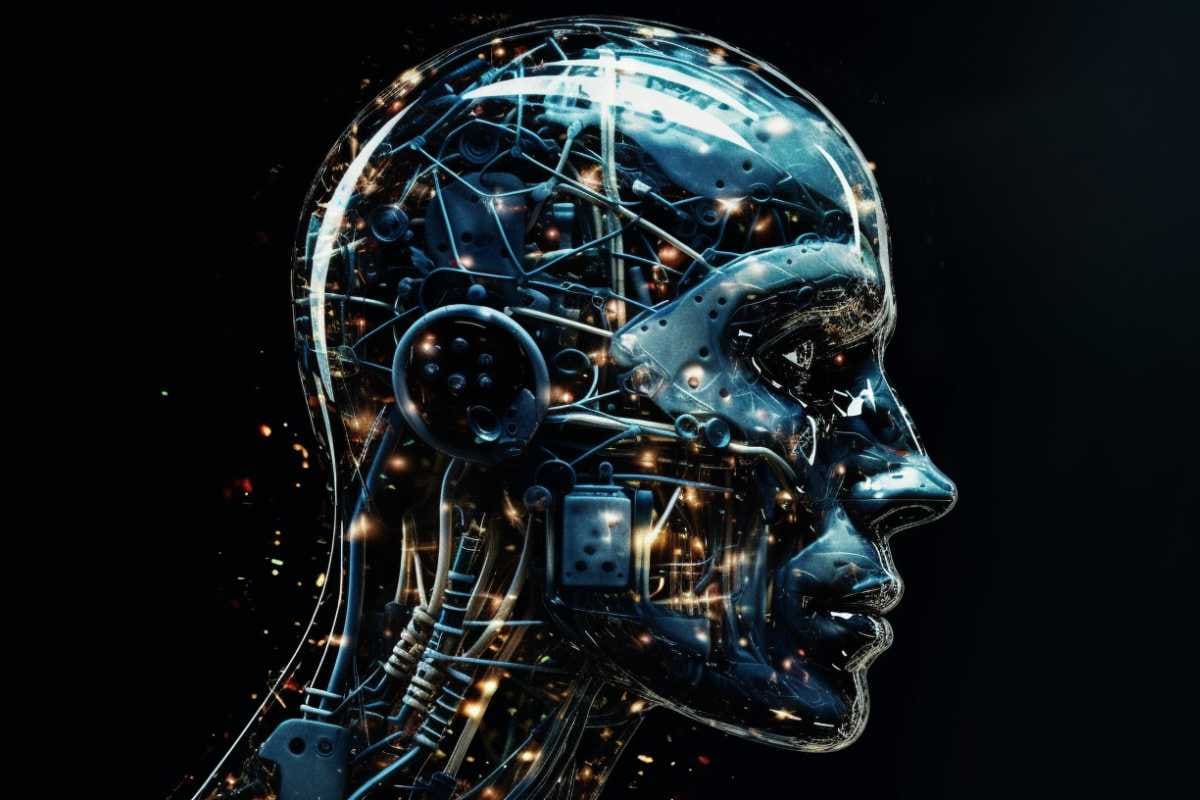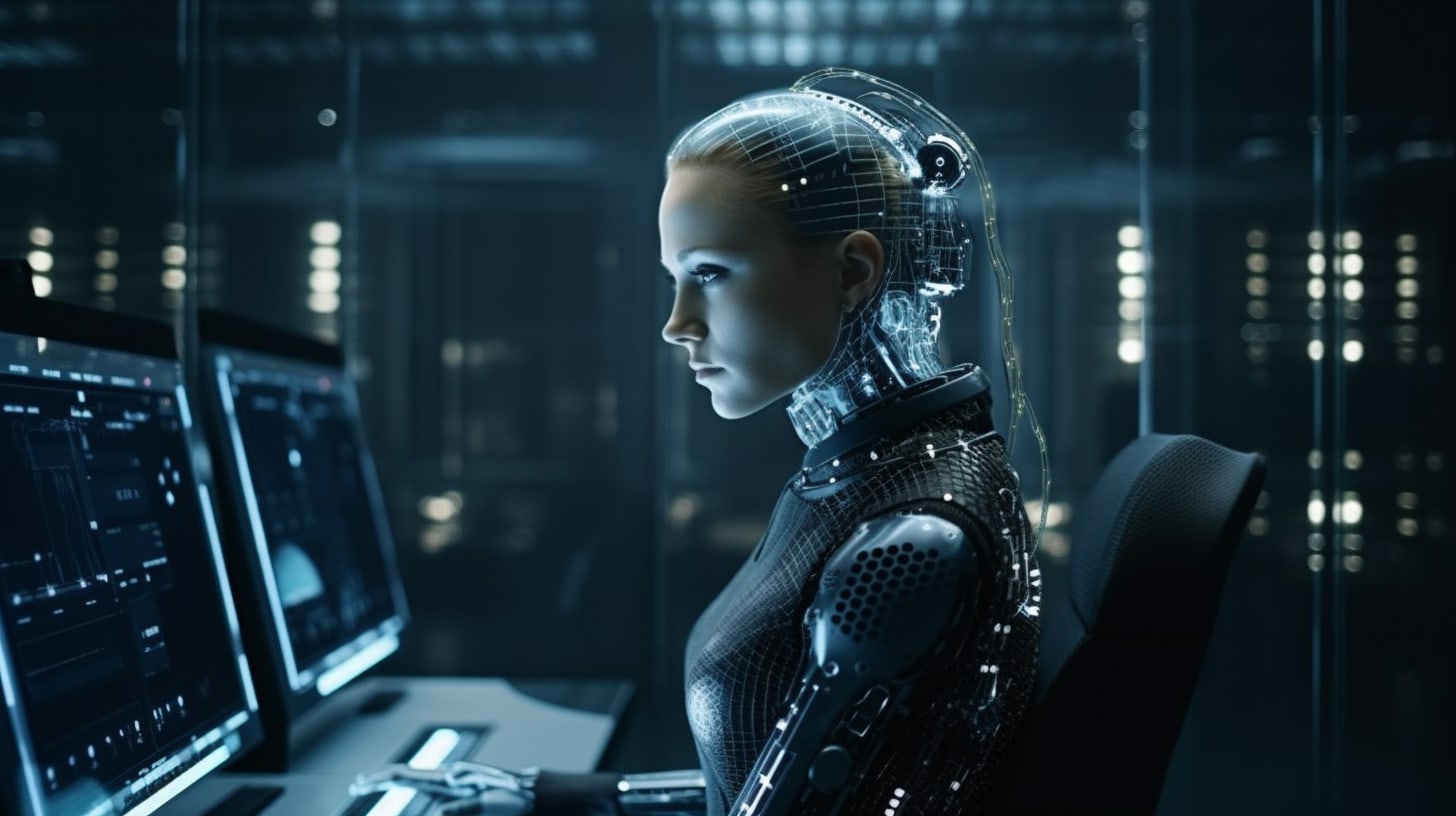Who is the godfather of artificial intelligence? 🙌
Who is the godfather of artificial intelligence?
Geoffrey Hinton aka the "Godfather of AI." Has been a developing key figure in the realms of artificial intelligence, neural networks, and deep learning.
Having spent decades at the intersection of these advanced disciplines, Hinton has made crucial contributions that have helped shape our understanding and use of AI.
Hinton has PhD in artificial intelligence and worked as an neuroscience specialist in Google from 2013. He divided his work in google being a professor of computer science at the University of Toronto. Hinton has played an important role in the field of AI, mostly with his work on neural network and deep learning.
The Journey of Neural Network Research 👀
Born in Britain and later becoming a Canadian citizen, Hinton's journey into the world of AI began with a foundation in experimental psychology.
Drawing parallels between the human brain and AI, Geoffrey pioneered the use of neural network in machine learning.
These networks, modeled after the human brain, allowed computers to learn from data and experiences, paving the way for revolutionary advancements in AI.
Deep neural networks
Hinton's innovative work didn't stop there, he introduced a concept known as 'deep belief nets', a stepping stone to what we now refer to as 'deep learning'.
This concept allowed machines to learn from layered (or 'deep') neural networks, enabling them to recognize patterns and make decisions in a way that closely mirrored human cognition. Hinton's ideas, while initially met with skepticism, have now become fundamental components of modern artificial general intelligence.
What is Geoffrey Hinton known for? ❔
Hinton's vast experience and expertise in AI and neural networks caught the attention of tech giant Google. Joining the company as a part of Google's AI team, Geoffrey Hinton, alongside Jeff Dean, worked on various AI projects, including Google's chief scientist role developing Google's neural nets for neutral language models.
He contributed significantly to Google's AI development, fostering a culture of innovation and leading the charge in AI research.
While at Google, Hinton continued his groundbreaking work on neural additive models, contributing to the development of various AI systems. His innovative work with Google Brain and AI technology, led Google to advancements in areas such as computer vision and speech recognition.
Departure from Google: A Statement
At the age of 75, Hinton made the surprising decision to leave Google. He told the New York Times that he's worried about the dangers of AI technology and this news sent ripples through the AI community, as Hinton was not just another employee but a cornerstone of Google's AI development.
He has investigated ways of using neural computation for learning, memory, perception and symbol processing and has over 200 publications in these areas.
Geoffrey Hinton warns of dangers as he quits Google ❗
Geoffrey Hinton warns of dangers as he quits Google
Hinton voiced his apprehensions about the potential misuse of Artificial Intelligence technology, particularly AI chatbots. He described a future where chatbots could surpass human intelligence, a scenario he found "quite scary".
Why did Geoffrey Hinton leave Google? ❓
Hinton said he left Google so he could speak freely about the risks of AI, rather than because of a desire to criticize Google specifically. "I left so that I could talk about the dangers of AI without considering how this impacts Google,"
Hinton's anxiety extends to the potential for AI technology to be misused by 'bad actors'. He expressed his fear that advancements in AI could be exploited for nefarious purposes, potentially leading to dangerous scenarios. He envisioned a dystopian future where figures of power could manipulate AI technology for their own purposes.
The AI Paradox: Progress and Potential Risks 💥
Hinton acknowledges the progress in AI, but he also warns of the dangers it could pose. As AI technology becomes more sophisticated, the potential for misuse grows. Hinton pointed out the stark differences between human and AI intelligence, highlighting the unique learning capabilities of AI systems.
He explained that in the digital realm, AI models can learn independently and share knowledge instantly – a capability far surpassing human learning.
This difference presents a complex issue that is becoming increasingly prevalent in discussions about the future of AI.
Yoshua Bengio, another so-called godfather of AI, who along with Dr Hinton and Yann LeCun won the 2018 Turing Award for their work on deep learning, also signed the letter. Mr Bengio wrote that it was because of the "unexpected acceleration" in AI technology that "we need to take a step back".
The Future of AI: A Call for Responsible Approach
In an era of rapid AI advancements, Hinton's departure from Google and his subsequent warnings serve as a wakeup call. Hinton highlights the need for a responsible use of an AI technology and not only the development of AI but also its use and regulation.
Hinton's views are shared by other experts in the field, public figures such as Elon Musk and Yoshua Bengio have also expressed their worries about the rapid and unchecked development of AI. They advocate for a pause on further advancements until robust safety measures can be put in place.
Hinton's call for developers to understand emerging risks to AI extends beyond technology. He believes that governments and organizations need to remain committed to AI safety and ethical standards, particularly in the face of rapid progress.
The Impact on the Job Market 📣
Another area of concern for Hinton is the AI impact on the job market when AI technology become increasingly capable, there is a growing fear that they could lead to large-scale unemployment by replacing humans in various job roles.
This potential threat underscores the importance of understanding emerging risks and taking a reasonable approach to AI development and deployment.
The AI Landscape Post-Hinton
Hinton's departure from Google marks the end of an era but despite his departure, Google remains committed to innovating boldly in the field of AI.
Jeff Dean, Google's Chief Scientist, has also expressed his appreciation for Hinton's contributions and said that Google is committed to responsible AI development.
In the broader AI community, Hinton's departure has been met with a mix of surprise and respect. Many see his decision as a testament to his belief in a responsible approach to AI.
It's clear that his departure will have a lasting impact on the field, potentially influencing other influential figures and organizations in the field to reconsider their approach to AI development and deployment.
Final Thoughts 💭
Hinton left Google but he will still continue working at the University of Toronto, where he will continue to shape the future of AI.
He remains dedicated to his work, continually learning and seeking ways to understand emerging risks and promote a responsible approach to AI.
Hinton's departure from Google and his subsequent warnings serve as a reminder of the importance of caution and responsibility in the face of rapid technological advancements.

